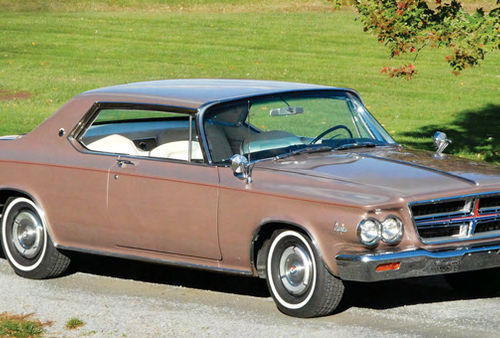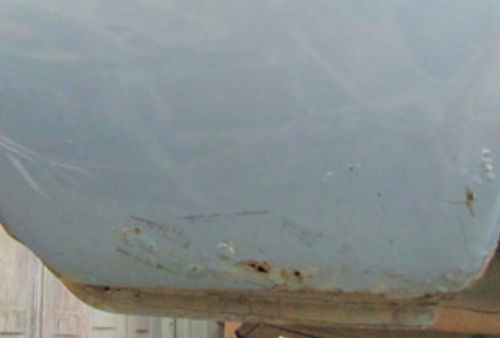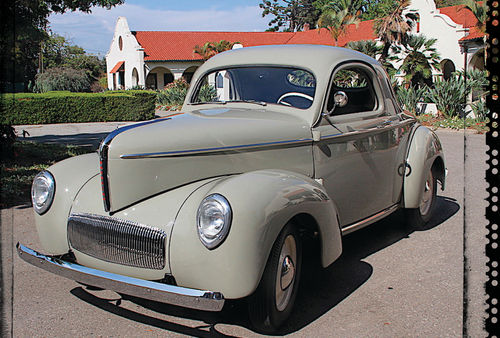Oil and torque for lug nuts
Question:
I have a 2012 Ford F-250. The owner’s manual says to put one drop of oil on the washers that are attached to the lug nuts and then torque them to 165 ft.-lb. I understand that aluminum wheels require special attention, but doesn’t 165 ft.- lb. seem excessive? I am always tempted to put some oil on the studs before putting on the nuts but I guess that is a no-no. I would appreciate learning your opinion.
Answer:
Aluminum wheels need more attention when installing them because they have more of a tendency to work loose than stamped steel wheels. The reason steel wheels are easier to secure is as you tighten them into place they deform slightly, creating a bit of spring tension that secures the nuts in place. Aluminum wheels don’t do this and as a result, they need to be installed carefully and tightened to specs.
Clean or chase the studs or bolts to make sure there are no burrs that could cause your torque wrench readings to be faulty. People differ on whether to lubricate the studs, but standard procedure is to put a drop of oil on the threads of the studs or bolts as well the washers. That way you can be assured that your torque wrench readings will be consistent.
Take the nuts down in three phases, and wobble the wheel with your hands to make sure it sits flat against the hub each time. In the final two phases, tighten across the wheel in a crisscross fashion rather than going around in rotation. You need to do that so the wheel seats evenly against the hub.
Yes, 165 ft.-lb. of torque sounds pretty tight, but remember, aluminum wheels are prone to working loose, and your F-250 is not a lightweight vehicle. Better safe than sorry.















